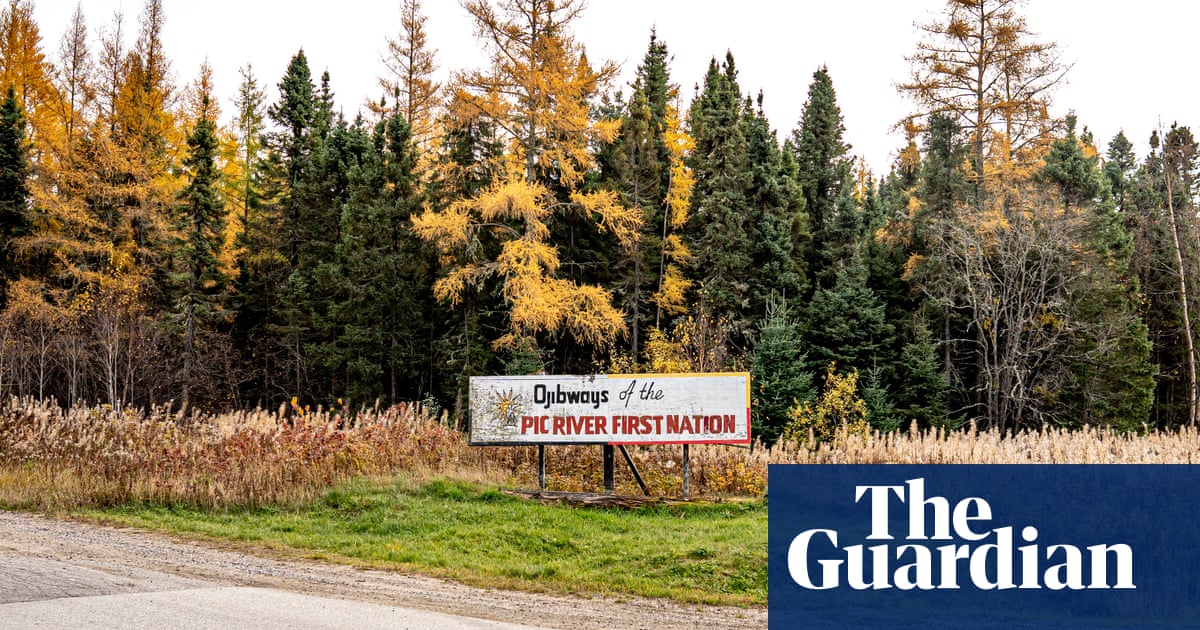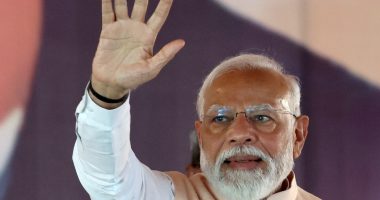
Lawmakers in Ontario will now be able to address the province’s legislature using Indigenous languages, in a “momentous change” that belatedly recognizes the “first languages” of the region.
The Ontario government house leader, Paul Calandra, this week moved to amend a standing order that previously required lawmakers to use either English or French. Following a vote, that order now allows for an “Indigenous language spoken in Canada” to be used when addressing the speaker or chamber.
Sol Mamakwa, a member of the New Democratic party who represents the Kiiwetinoong electoral district, recalled being punished for speaking Ojibwe (Anishinaabemowin) in his youth.
“I am very honoured to be able to speak today on behalf of the people of Kiiwetinoong, on behalf of the people that were never allowed to speak their language in colonial institutions,” Mamakwa told the legislature. “These racist and colonizing policies led to language loss.”
Mamakwa is not alone in despairing over the loss of a rich linguistic history across the lands now known as Canada.
Decades of hostile government policies, including the forcible removal of Indigenous children from their families, and a system of residential schools stripped many peoples of their culture and by extension, their language.
Although nearly 2 million Canadians identify as Indigenous, only 260,000 can speak an Indigenous language, a government committee found. And of the 58 distinct Indigenous languages spoken throughout the country, most are in danger of disappearing.
While Cree, Ojibwe and Inuktitut have a relatively large number of speakers, others are on the brink of extinction: the Sechelt language, historically spoken in what is now British Columbia, has just four native speakers. In Haida Gwaii, the youngest native Haida speaker is in her 70s.
“Here in this building, the standing orders up until today have said every member desiring to speak must rise in his or her place and address the speaker in either English or French,” Mamakwa said.
That was “a form of forced assimilation right here in this legislature”, he said. “So this is very monumental for me.”
If lawmakers want to address colleagues using an Indigenous language, they must notify the clerk to allow for interpretation and translation services.
Greg Rickford, Ontario’s minister of Indigenous affairs, said the rule change was an “opportunity for us to embrace and celebrate a founding language” of Canada.
“I believe that in my heart, as I spent more than a decade living and working in predominantly Ojibwe communities, much of it here in northern Ontario. It’s not an easy language to understand, but it is beautiful. It’s full of joy; it’s full of laughter. It deals with pain, but it’s spoken freely, and it’s a wonderful thing to be around,” he told colleagues. “I hope one day that we have the opportunity to take our best shot at answering some of those questions, for those of us who neither speak it as a first or second language.”
In Canada’s parliament, lawmakers can also address colleagues in an Indigenous language, the result of a 2019 rule change. They must give two days’ notice to request translation.
Once the change is fully implemented Mamakwa says he wants his mother, who does not speak English, to visit Queen’s Park, the province’s legislative building, to hear her son speak Anishinaabemowin.
“This is for the people that are not allowed to speak their language. This is for the people that have lost their language,” he said. “Our ancestors are watching; our parents are watching. I see this very momentous change.”
Read More: World News | Entertainment News | Celeb News
Guardian








